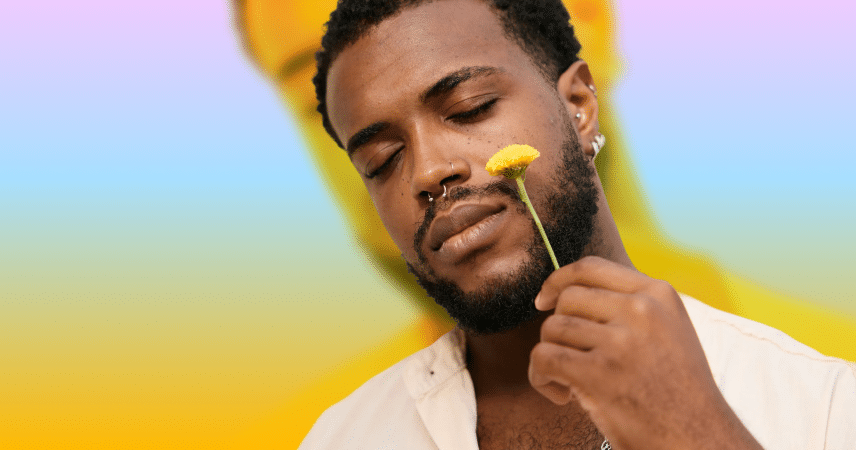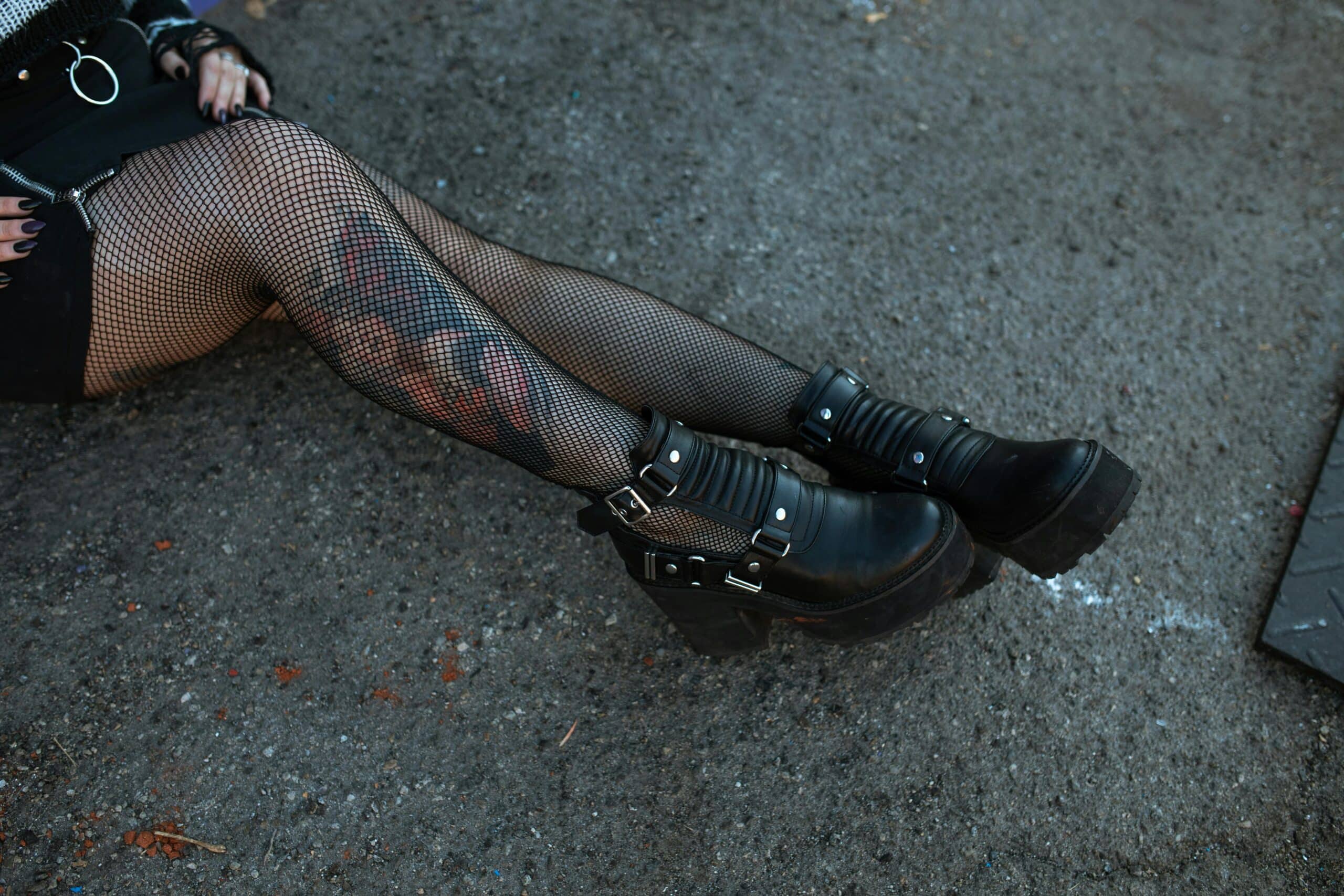The Loneliness Epidemic: Is it Impacting Gay Men’s Success in Dating?

Recently, researchers at Taimi conducted surveys on dating success. Both app and non-app users answered questions about their experiences, red flags, and how they experienced success in dating. In the survey that addressed app users, one interesting discovery was made. Out of all LGBTQIA+ demographic groups, gay men struggled the most with dating. This led to a new question: “Are gay men facing a loneliness epidemic too?”
Let’s get into it! There’s been a growing conversation about male loneliness, but that has largely centered on straight cisgender men. Despite this, it seems as if gay men are also struggling with loneliness, but the causes and manifestations are both similar and uniquely different.
What is Male Loneliness And Why Does it Matter?
There is a male loneliness epidemic. That is true regardless of who or what is to blame for that, or who is responsible for fixing it. In addition to the struggles Taimi researchers uncovered, other data include:
- Gen Z and Millennial men mostly feel that nobody knows them well
- 15% of men say they have no close friends
- Around 20% of men can’t find a partner or aren’t trying
Is this a matter of concern? It is. Loneliness is a public health issue, so much so that in 2023, Surgeon General, Dr Vivek Murphy, released a report on the epidemic of loneliness and isolation. In it, he details how a lack of social connection can lead to premature death in the same ways that harmful behaviors like smoking. He also explains and provides data supporting loneliness as a barrier to public health, safety, and well-being.
What Factors Set The Stage For The Male Loneliness Epidemic?
We know that loneliness is an issue for men across many demographic points, but what are the causes? Here are some sociocultural shifts that may be factors:
- Loss of infrastructure that facilitates social connection – loss of third spaces
- Decline of traditional social structures that ensure male companionship, including marriage and in-person communities
- Cultural norms that discourage connection and emotional vulnerability
- Lack of time to pursue social and romantic connections
- Elevation of media figures who encourage self-sabotaging behavior and lack of self-awareness
Gay Men Are Lonely Too – But Often Excluded From The Conversation
Out of all groups surveyed by Taimi, gay men struggled the most. Keep in mind that this research went beyond sexual or romantic factors, but also included responses from those who used dating apps to make friends and socialize. When gay men struggle with loneliness, they suffer the same negative impacts as their straight counterparts. Additionally, society is also impacted by gay, male loneliness.
Factors That Impact Both Gay And Straight Men
Queerness doesn’t erase maleness. There are commonalities between gay and straight men that lead to loneliness.
Cultural Norms Around Masculinity
Unhealthy standards and norms about masculinity aren’t just limited to the straight community. Gay men are both encouragers of and subjugated to these ideals. Both straight and gay men engage in behavior that leads to loneliness, such as suppressing their emotions or avoiding genuine intimacy, because they believe that’s being masculine.
Prevalence of Technology And Social Media
Social media and other technologies, including dating apps, have removed roadblocks to making social connections. At the same time, those interactions are often superficial.
Evolving Life Patterns
How men are meeting life milestones has changed. People are pairing off later, moving more frequently, and experiencing a loss of local social ties.
Stigma Around Mental Health
Both straight and gay men may be hesitant to seek help for mental health issues, or to even acknowledge them, out of fear of being perceived as weak. This can prevent them from experiencing healing or making changes they need to in order to have healthier, more authentic relationships.
Unique Challenges That Lead to Loneliness in Gay Men
Gay men share experiences with straight men, but there are also factors that impact them uniquely.
Ongoing Stress And Stigma
As members of a marginalized community, gay men live with an undercurrent of stress. This can reduce the emotional bandwidth they have to seek out and maintain connections with others.
Rejection And Loss of Support Networks
Family of origin, friend groups, and even religious communities are examples of foundational social support networks that gay men often lose when they live authentically. Not only does this directly cause loneliness, the trauma from that can make gay men hesitant to pursue social connections in the future.
Gay Dating Culture
Online and off, gay dating culture can be toxic and lead to loneliness. There is an emphasis on superficiality, transactionality, and sexual conquest is often elevated over meaningful connection.
Generational Disconnects
Different generations of gay men have different shared experiences. This can make communication, understanding, and connection difficult to achieve.
Creation of Hierarchies And Exclusionary Behaviors
Youth, looks, and status are highly revered in the gay community, often to an unhealthy extent. There is also a rigid assignment of roles and gatekeeping that create social silos. These things contribute to making gay men who don’t meet certain expectations feel isolated and unwelcome.
Toxic Behaviors Are Prevalent Among Gay And Straight Men
It’s important to acknowledge loneliness, and good to have empathy for men who are struggling with it. At the same time, the only way to address the issue is to be honest about its causes and emphasize accountability. That means shining a light on toxic behavior patterns. Many of these exist in both gay and straight communities, although there are some nuances to explore.
Avoiding Vulnerability And Being Emotionally Guarded
Both gay and straight men struggle with this. However, the causes may be different. For example, bullying over their sexuality may lead gay men to show less vulnerability, replace emotional openness with sharp-tongued humor, or to perform masculinity by being closed off emotionally.
Meanwhile, straight men deal with emotional pain by expressing anger or being stoic, because the perceive other emotions as being less masculine. Homophobia is also a contributing factor when avoid vulnerability if they’ve been taught that is gay.
Status And Competitiveness
Social hierarchies exist in both gay and straight social spheres. Emotional vulnerability and connection may be perceived as signs of weakness. Men become isolated out of distrust and competitiveness.
Projecting Responsibility For Loneliness Onto Others
This is another behavior that happens in both groups, and it worsens the problem for each. Straight men often believe that women bear the responsibility for fixing their loneliness. They buy into a narrative that women should be less critical, more emotionally and sexually available, and accepting of harmful behavior. This is done through political and media messaging that:
- Attempts to whip up fear in women that they will end up lonely and alone if they don’t partner early
- Furthers political agendas that marginalize women and limit their agency
- Paints a negative picture of unpartnered women
- Uses religious dogma to further the rhetorical goal of making women feel obligated to provide companionship to men
- Expressions of resentment towards groups who have successfully built community
While the approach is different, some gay men may also externalize responsibility for their loneliness.
- Unrealistic expectations are placed on romantic partners and friends
- Leaning into the broader queer community without investing the same emotional energy in return
This entitlement to the emotional labor of others does nothing to resolve the male loneliness issue for either demographic group. In contrast, these actions reduce the likelihood of men finding and engaging in authentic romantic or social relationships. The cycle becomes.
- Man feels lonely
- Man reacts to loneliness with anger and frustration
- Man externalizes that by making demands of others without engaging in self-analysis or reciprocating in an emotionally healthy way.
- Partners, friends, and acquaintances become emotionally exhausted, frustrated, and angry, then step away.
- Loneliness intensifies.
Productive Solutions
This issue isn’t insurmountable, but it is a problem for men alone to solve. Both gay and straight men should be encouraged to be vulnerable and have emotional literacy. They should engage therapy where needed to resolve trauma and learn healthy coping skills.
Men need community and friendships. They should be encouraged to have social connections across gender lines that don’t exist for sex or romance. If community resources are needed to facilitate this, that’s perfectly fine. However, the work in building a community must be done by the community.
Both populations should expand their view of masculinity to include emotional intelligence and empathy. People who are outside of these two communities should be aware of how their actions and attitudes may discourage these traits in men.
What can gay men do to resolve the loneliness epidemic? They can start by creating and taking part in community spaces where inclusion and connection are prioritized over status and competition. They can challenge toxic and unrealistic standards of appearance and body type.
There’s also the matter of hookup culture. It’s important to understand that while it can be perfectly healthy and fulfilling to engage in sex for enjoyment, there may be some pitfalls. When gay men use hookups as a way to avoid dealing with fear of commitment or being emotionally vulnerable, they may feel lonelier as a result. In addition, treating sex transactionally or as a conquest may feed into unhealthy ideas and attitudes about masculinity.
Finally, gay men should be encouraged to use therapy to deal with trauma, rejection, and internalized homophobia. This may allow them to engage with friends, partners, and community in a healthier and more balanced manner.
Final Thoughts
Yes, men are lonely. It’s important to include all men in that conversation and in potential solutions for it. There is hope for a positive resolution for both groups but that requires accountability and a commitment to doing the emotional labor required.



